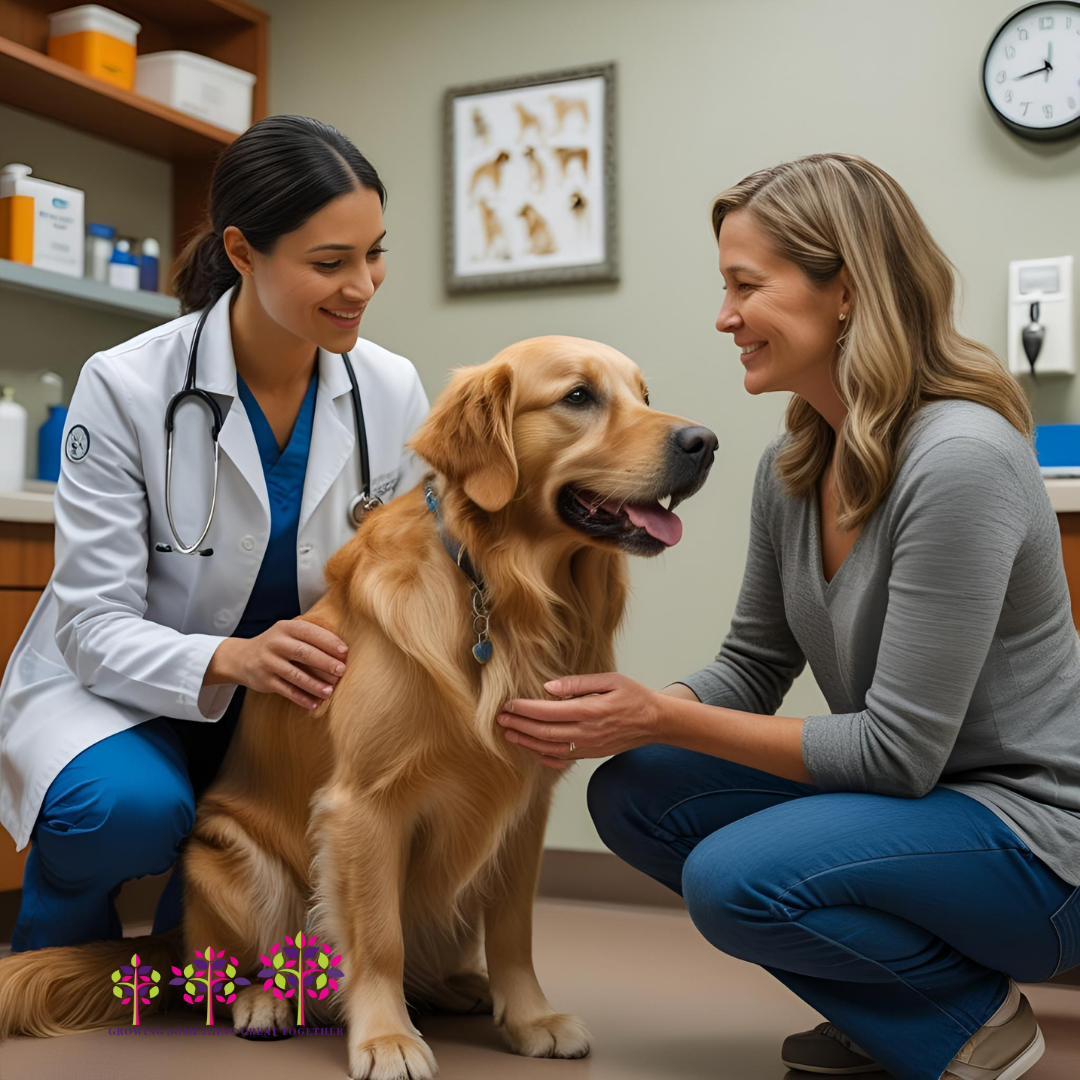
Let me ask you something I’ve asked countless veterinary teams over the years: When your clients walk into your practice, do they feel cared for before a thermometer ever touches their pet?
Hospitality isn’t just for hotels and restaurants. In our world, it’s a healing tool—just as important as diagnostics and treatment plans. And when we neglect it, our clients notice. So does our team.
The Unseen Power of Hospitality in Veterinary Medicine
Years ago, I worked with a practice where a longtime client suddenly left after years of loyalty. When we called to ask why, her response was quiet but telling: “I just didn’t feel like anyone cared anymore.”
No medical mistake. No pricing complaint. Just a slow erosion of warmth and attention. That’s when I started saying what I now believe with my whole heart: compassion is a treatment plan.
Veterinary clients are anxious. They’re vulnerable. Their pet is family. How we welcome, comfort, and communicate makes or breaks their trust—and their loyalty.
Every Touchpoint Matters
From the moment a client calls your practice to the follow-up text after a procedure, every interaction is an opportunity to deliver care.
Is your team greeting clients warmly—by name—when they walk in?
Are you making eye contact and offering reassurance in the exam room?
Do your follow-up calls sound rushed or caring?
It doesn’t take much. A smile. A calm tone. Remembering a pet’s nickname. These little moments compound into trust.
Training the Team to Care Beyond the Clinical
Here’s where a lot of practices stumble: they assume hospitality is common sense. It’s not. Just like you train for surgical prep or dental cleanings, you must train for hospitality.
Empathy can be taught. Role-play helps. Scripts can guide—but only if they’re rooted in sincerity.
We work on this in my workshops all the time. I love watching lightbulbs go off when someone realizes, “Oh! That’s why clients respond better when I kneel down to the pet’s level or ask how they’re feeling.”
It’s Not About Scripts, It’s About Heart
There’s no magic phrase that makes a nervous client suddenly calm. But there is power in teaching your team to slow down, listen fully, and respond with kindness.
Listening is a clinical skill. It reduces misunderstandings, uncovers important details, and makes your client feel heard.
So instead of “stick to the script,” I say, “Lead with heart.” Let your team express care in ways that feel natural to them—and model that yourself.
Turning Moments into Memories
I once worked with a tech who kept a running list of clients’ pets’ birthdays. Every month, she printed a small calendar and left a note or treat for each pet who came in. Clients loved it.
These small acts of kindness turn a transaction into a relationship. They build loyalty that marketing dollars can’t buy.
Celebrate wins. Acknowledge losses. Leave room for humanity, even on a packed schedule.
The Bigger Picture: Team Morale and Client Trust
Here’s the part people miss: when you create a culture of compassion inside your practice, it radiates outward.
Teams that feel valued and respected pass that on to clients. They’re more engaged, more collaborative, and more likely to go the extra mile.
You want fewer complaints? Start by asking how your team feels. You want more referrals? Focus on how your clients feel.
Want More?
If this resonated with you, I wrote an entire book about it: Hospitality in Healthcare. It’s full of real-world stories, practical tools, and honest insights about building a practice where people and pets feel genuinely cared for.
Because at the end of the day, hospitality isn’t fluff—it’s medicine. And we all need a little more of it.
